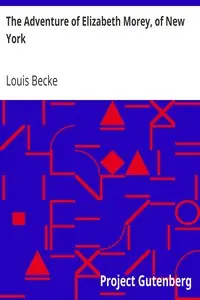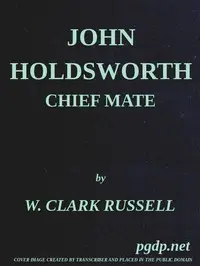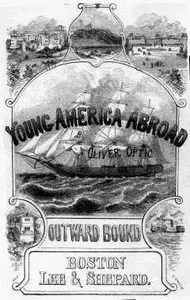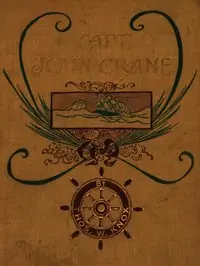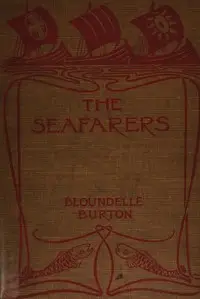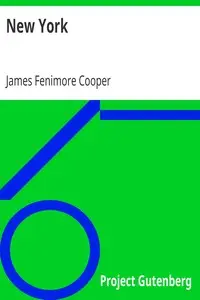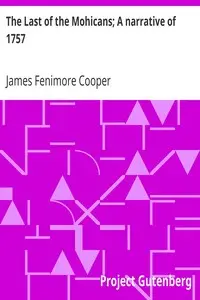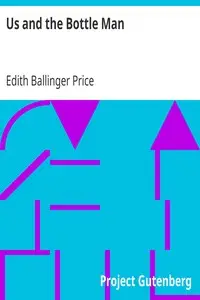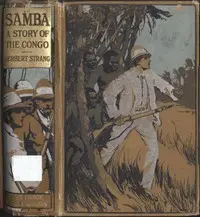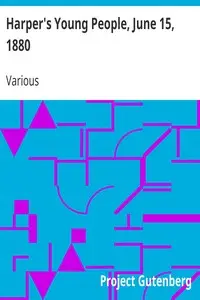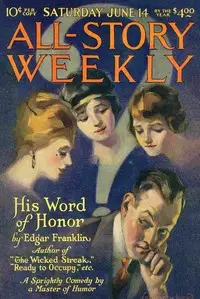"Homeward Bound; Or, the Chase: A Tale of the Sea" by James Fenimore Cooper is a story about a group of people on a ship called the Montauk, sailing from Europe to America in the early 1800s. The main characters are part of the Effingham family, like Mr. Effingham and his daughter Eve, who are coming home after being away for a long time. The ship is full of different people, which demonstrates how people acted in society at the time, showing off both American and British ways. As the ship gets ready to leave, the book starts to look at things like social class, what makes someone an American, and how people get along with each other. These themes give clues about the problems and exciting times the characters will face on their trip, including being chased by the law unexpectedly. This exciting beginning prepares the reader to examine how humans behave when they are traveling on the ocean.

Homeward Bound; Or, the Chase: A Tale of the Sea
By James Fenimore Cooper
A family returning home on a ship finds themselves in a surprising chase, forcing them to deal with society's difficulties and their relationship with the law.
Summary
About the AuthorJames Fenimore Cooper was an American writer of the first half of the 19th century, whose historical romances depicting colonial and indigenous characters from the 17th to the 19th centuries brought him fame and fortune. He lived much of his boyhood and his last fifteen years in Cooperstown, New York, which was founded by his father William Cooper on property that he owned. Cooper became a member of the Episcopal Church shortly before his death and contributed generously to it. He attended Yale University for three years, where he was a member of the Linonian Society.
James Fenimore Cooper was an American writer of the first half of the 19th century, whose historical romances depicting colonial and indigenous characters from the 17th to the 19th centuries brought him fame and fortune. He lived much of his boyhood and his last fifteen years in Cooperstown, New York, which was founded by his father William Cooper on property that he owned. Cooper became a member of the Episcopal Church shortly before his death and contributed generously to it. He attended Yale University for three years, where he was a member of the Linonian Society.

